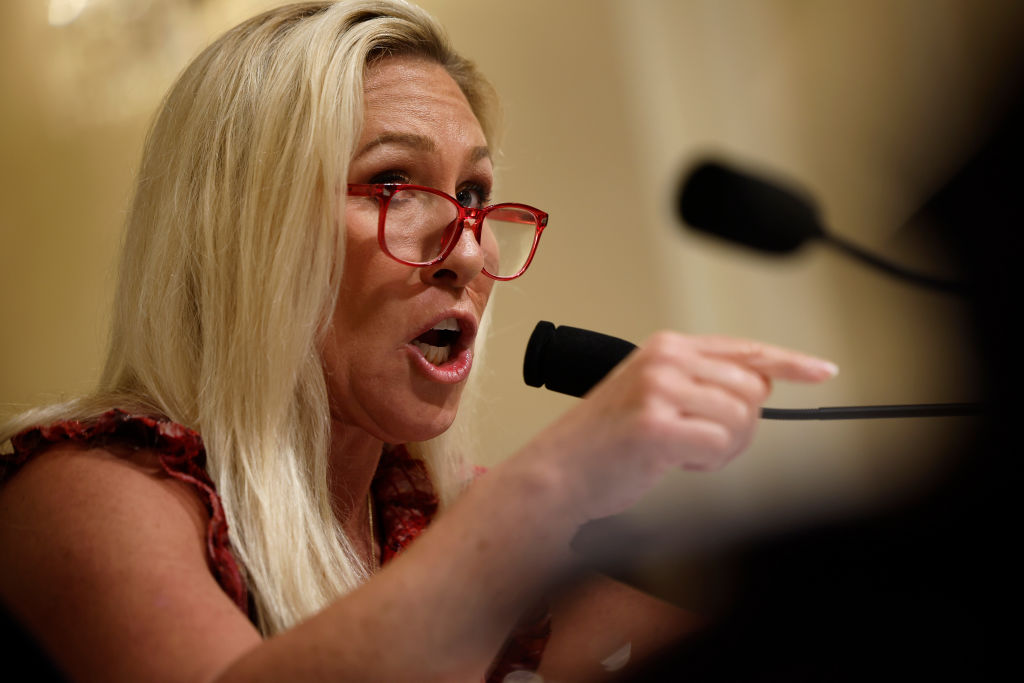Though the House of Representatives made history last night by passing a sweeping health care reform bill, this fight is far from over. President Obama still has to sign the overhaul into law, and once he does so there remain several “fixes” to be made to the bill and a great deal of legislative wrangling left to do during the controversial “reconciliation” process. Naturally, Republicans can be counted upon to throw up roadblocks during every step of the process. So while the passage of this bill is certainly cause for excitement, it would be a mistake to believe this reform is 100% secure at this stage of the game. Below, MSNBC explains what we can expect going forward. – NewsOne Staff
From MSNBC:
So, now what?
Relieved Democrats may still be celebrating the passage of landmark health care overhaul legislation, but Republicans in the Senate still have an opportunity to try to derail the bill.
Text continues after gallery …
And if history is any guide, they are likely to force the House to vote on health care again before Easter. “Anybody that thinks that this is only going to be a one-time deal today in the House, I think, is grossly mistaken,” said Republican Sen. Orrin Hatch on CNN’s “State of the Union.”
RELATED: HOUSE PASSES HISTORIC HEALTH CARE REFORM, 219-212
Late Sunday, the House passed the Senate’s version of the comprehensive bill, and because most members didn’t like it, they also passed a smaller bill of so-called “fixes.”
Passing of those subsequent fixes was a critical component to passage of the Senate bill for House Democrats.
Without them, House Democrats would have been supporting a bill with elements deemed largely undesirable. A promise by Senate Majority Leader Harry Reid that the Senate would work to approve the package of fixes coaxed “yes” votes from many Democratic lawmakers who had previously indicated they might oppose the Senate bill.
On Tuesday, the Senate is expected to start its work on the fixes bill using a little-understood procedure known as reconciliation.
RELATED: Obama To GOP On Health Care: “Let’s Get This Done”
For Democrats, reconciliation is the perfect antidote to what they feel is Republican obstructionism in the upper chamber. The process is filibuster-proof, requiring only 51 votes for final passage rather than the usual 60 to overcome a blockade by the minority party.
For Republicans, reconciliation is their best chance to kill the smaller bill or make changes to it. Because the House and Senate must pass the same bills — word for word — even a minor tweak would send it back to the House for another vote.
















